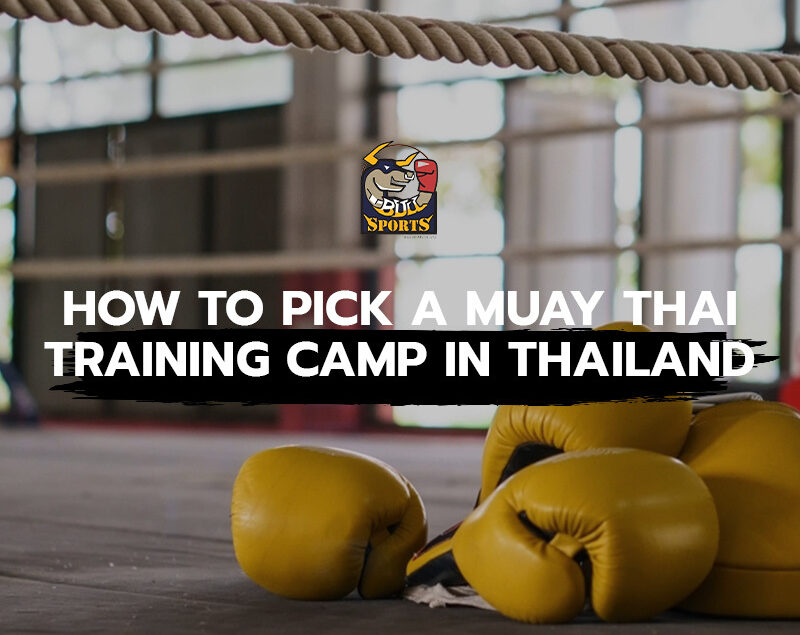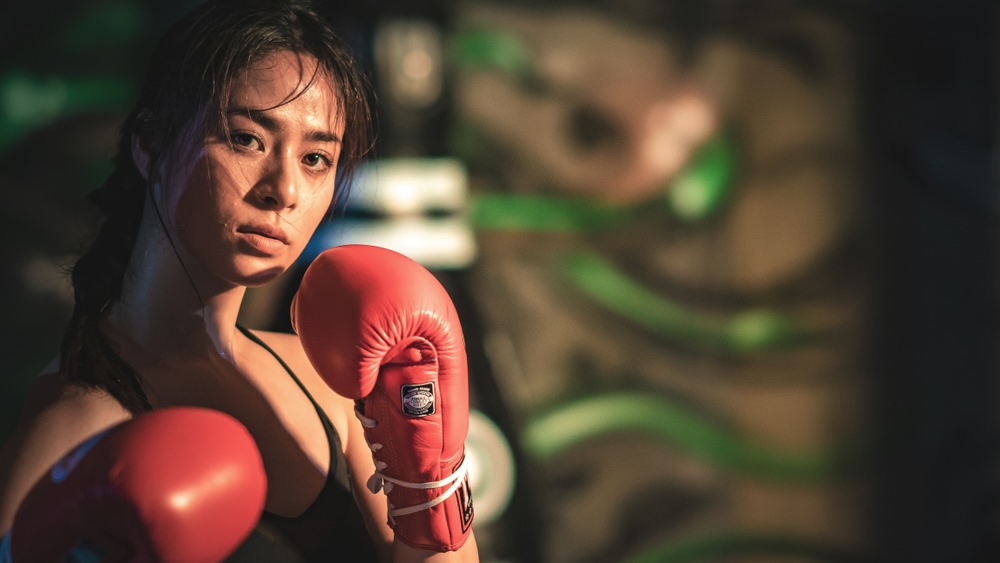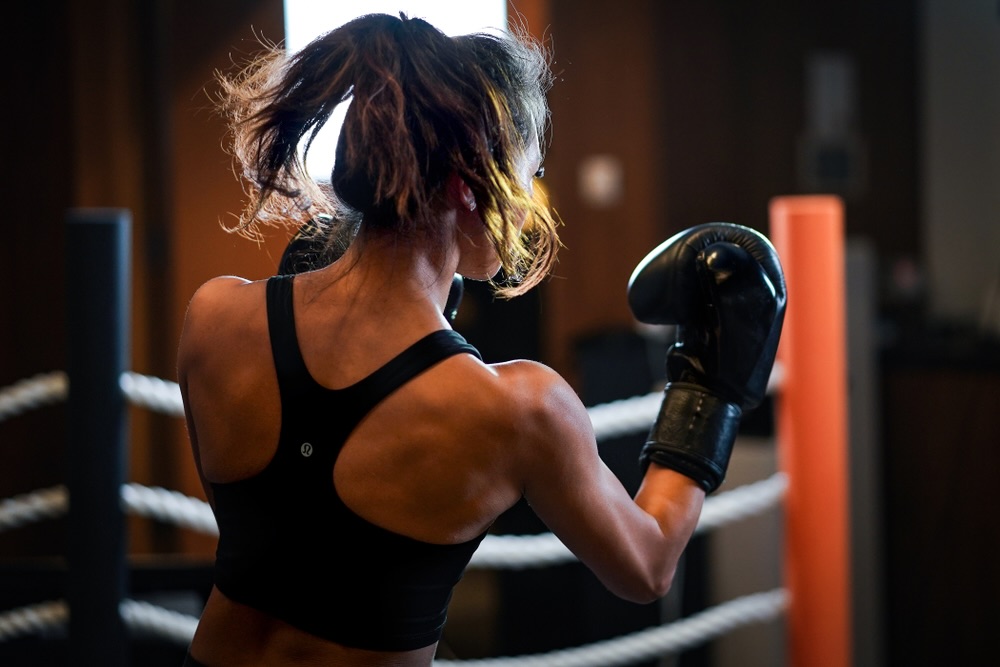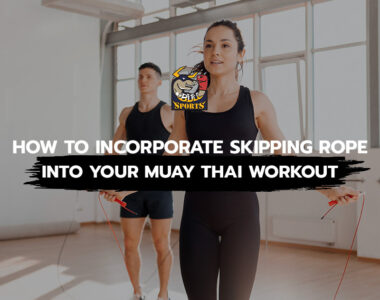
As the birthplace of Muay Thai, Thailand offers a wide range of training camps for beginners and experienced fighters. Selecting the right camp can significantly influence your progress and overall experience. This guide covers essential gear, key factors to consider when choosing a camp, and tips to make the most of your training.
Essential Gear for Muay Thai Training
Before you begin Muay Thai training, you should have the necessary gear to ensure safety and efficiency during sessions. Here are the key items you’ll need:
Gloves
A quality pair of Muay Thai gloves is essential for protecting your hands and enhancing striking power. Unlike traditional boxing gloves, Muay Thai gloves are typically lighter with less padding, allowing for a better grip and more effective punches.
Handwraps
These provide essential wrist support and help reduce the risk of injury by stabilizing the bones and tendons in your hands. They come in various sizes, so choose a pair that fits comfortably while offering adequate protection.
Shin Guards
Since Muay Thai relies heavily on kicks, shin protection is vital, especially during sparring. Shin guards absorb impact, reducing the risk of bruises and injuries. They are available in different sizes and padding levels, so selecting a well-fitted pair ensures safety and comfort.
Muay Thai Shorts
These specialized shorts are designed for unrestricted movement and comfort during training. Unlike regular gym or running shorts, Muay Thai shorts are made from lightweight, breathable material that withstands the rigors of intense training. They provide flexibility, allowing for a full range of motion during kicks and knee strikes.
Choosing the Right Muay Thai Training Camp in Thailand

Selecting the right Muay Thai camp requires careful consideration of several factors. Here are key aspects to evaluate:
Location and Surrounding Environment
The gym’s location influences your training experience. Some camps are situated in peaceful areas, ideal for focused training, while others are close to popular tourist spots where you can explore local attractions. Consider whether you prefer a more immersive experience in nature or a city-based camp with easy access to amenities.
Safety is another critical factor. Research the neighborhood to ensure the gym and nearby accommodations are secure, allowing you to train with peace of mind.
Costs and Packages
Muay Thai training camps offer a range of pricing options, from single-class drop-ins to weekly and monthly packages. While long-term packages may require a higher upfront cost, they often come with added benefits such as off-site training excursions, ice baths, or group social events.
When choosing a package, consider your budget and its overall value. Look for an option that supports your training goals while ensuring you make the most of your experience without overspending.
Trainer Credentials, Experience, and Training Programs
The expertise of the trainers can greatly affect your progress. Experienced trainers with championship backgrounds can provide high-quality instruction, but assessing the gym’s training programs is essential. Different camps focus on varying aspects of Muay Thai, from fitness-based training to technical skill development or competition preparation. Choose a gym that aligns with your goals and experience level to maximize your progress.
Class Size and Trainer-to-Student Ratio
The size of training sessions affects the quality of instruction. Smaller class sizes offer more personalized attention and technical corrections, making them ideal for beginners or those focused on refining their technique. On the other hand, larger classes create a more social and community-driven environment, which can be enjoyable for travelers looking to connect with others while training.
Quality of Facilities
A well-equipped training camp should provide standard training gear, a spacious training area, and suitable accommodation if you plan to stay on-site. The condition of the gym and its facilities can greatly impact your training experience. Look for camps with well-maintained mats, clean restrooms, and up-to-date equipment to ensure a safe and comfortable environment.
Some gyms also offer added amenities such as recovery areas, wellness services, and relaxation lounges. Additionally, proximity to dining options, juice bars, and other conveniences can further support your training and recovery, making your overall experience more enjoyable and efficient.
Real Reviews and Recommendations
Previous students’ first-hand experiences provide valuable insights into a gym’s strengths and weaknesses. Reading online reviews and participating in Muay Thai forums can also help you gather recommendations and make an informed decision about where to train.
Maximizing Your Muay Thai Training Experience

It’s important to train smart, take care of your body, and adapt to the local environment to make the most of your time at a Muay Thai training camp in Thailand. Here are key ways to stay consistent and get the best results from your training:
Stay Hydrated
The intense heat and humidity in Thailand can quickly lead to dehydration, which affects both performance and recovery. Instead of waiting until you feel thirsty, make it a habit to drink water throughout the day. Adding electrolyte supplements—readily available in local stores—can help replenish essential minerals and keep your muscles functioning properly.
Eat And Drink Wisely
Thailand offers a variety of flavorful dishes, but sudden changes in diet can upset your stomach. If you’re not used to spicy food, start with milder options like fried rice to avoid digestive issues. Additionally, be mindful of food hygiene—avoid raw salads unless you’re sure they’ve been washed with filtered water, and be cautious with ice from street vendors to prevent stomach discomfort.
Following these practices can maintain your energy levels, prevent setbacks, and fully enjoy the Muay Thai training experience.
Ease Into Training
It’s natural to feel excited and eager to push yourself, especially if it’s your first time training in Thailand. However, overexertion early on can lead to fatigue or injury, cutting your training short. Your body will need time to adjust, so pace yourself and allow for occasional rest. Skipping a session when needed can help with long-term progress and make you a better training partner.
Conclusion
Choosing the right Muay Thai training camp in Thailand requires careful planning and research. You can find a camp that aligns with your goals by considering factors like location, costs, trainer credentials, and facility quality. Beyond selecting the right gym, prioritizing hydration, proper nutrition, and a balanced training approach will help you stay strong and injury-free. With the right preparation and mindset, your Muay Thai experience in Thailand can be rewarding and transformative, allowing you to improve your skills while embracing the sport’s rich culture.
Related Articles



